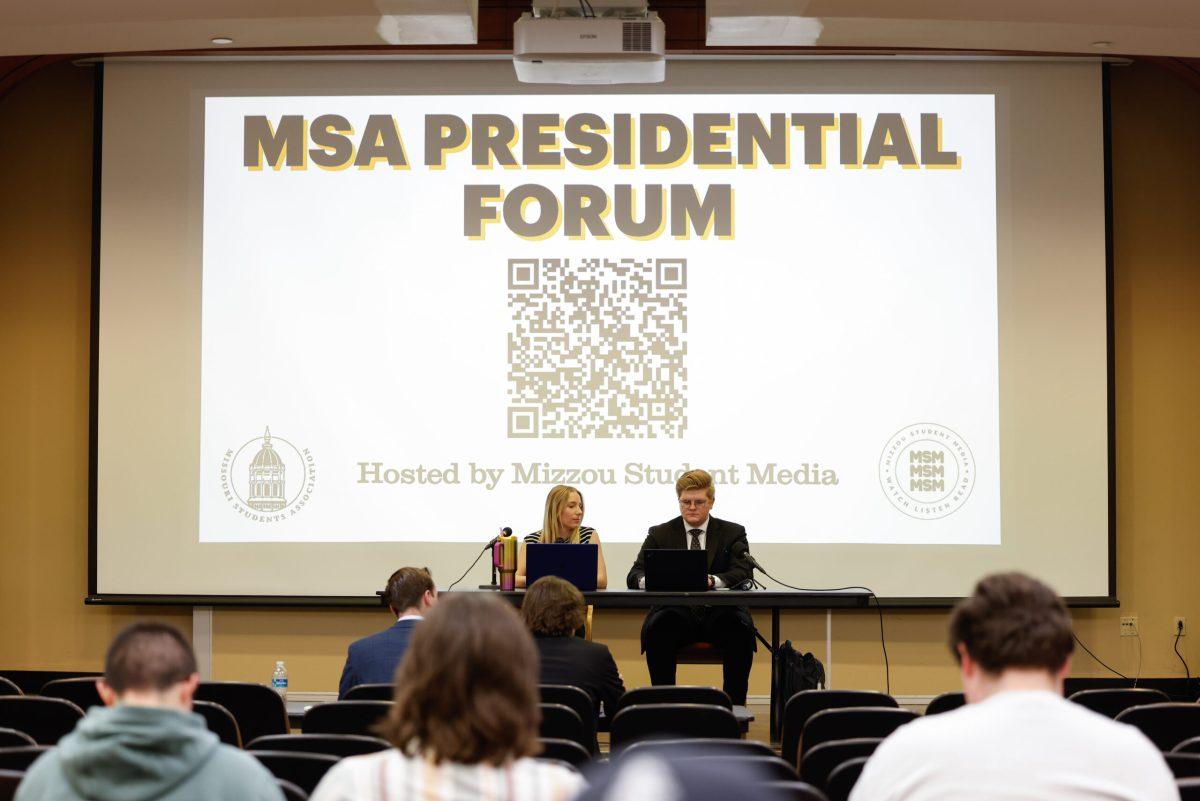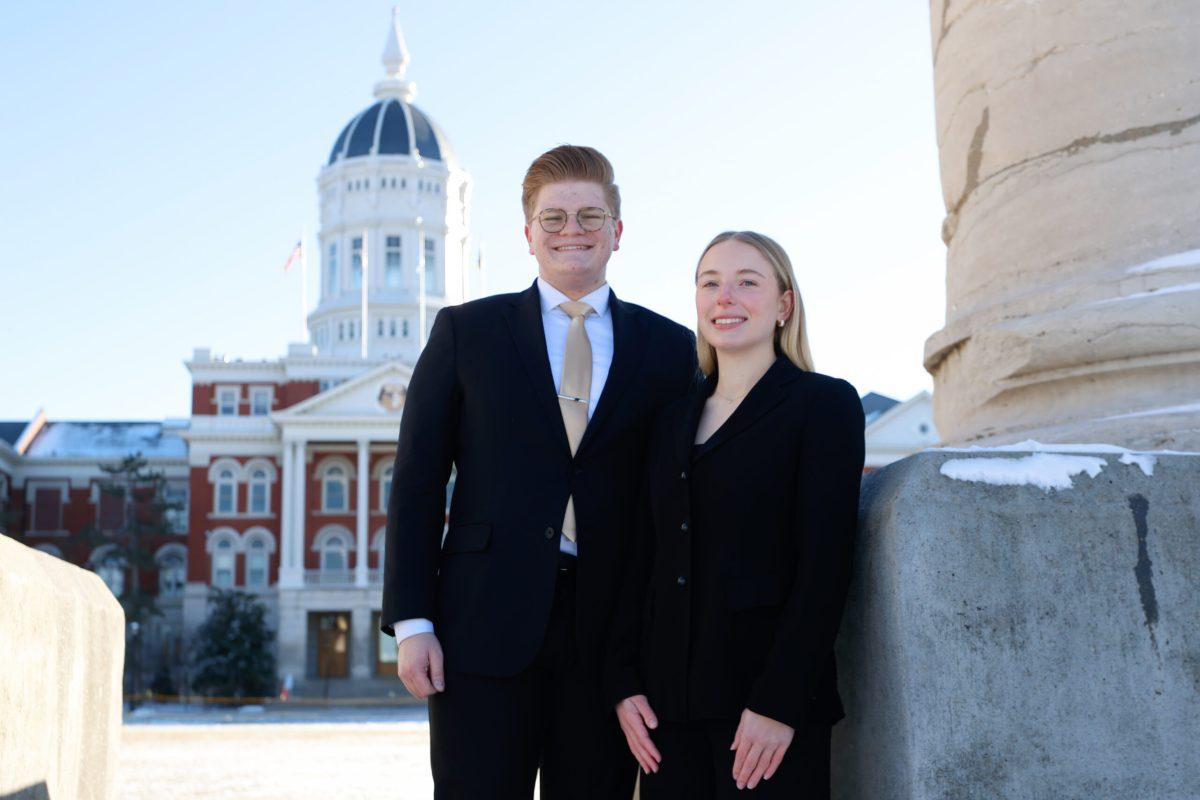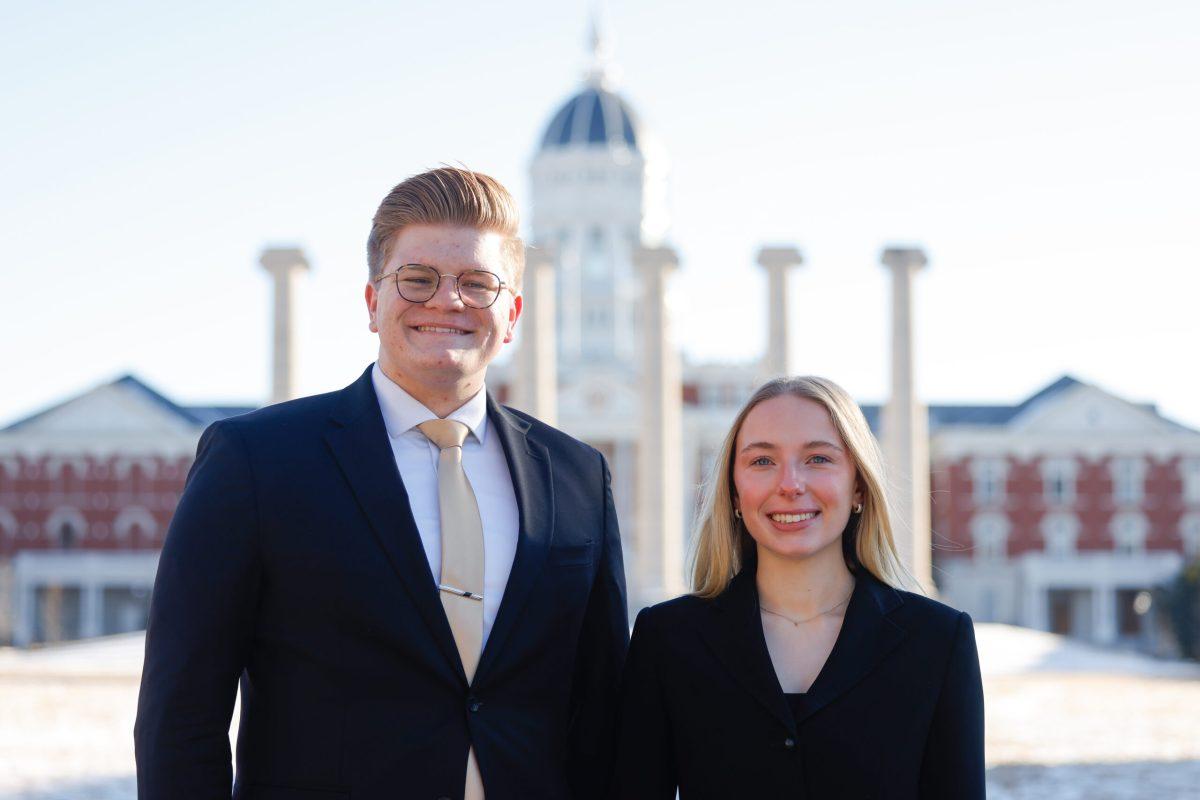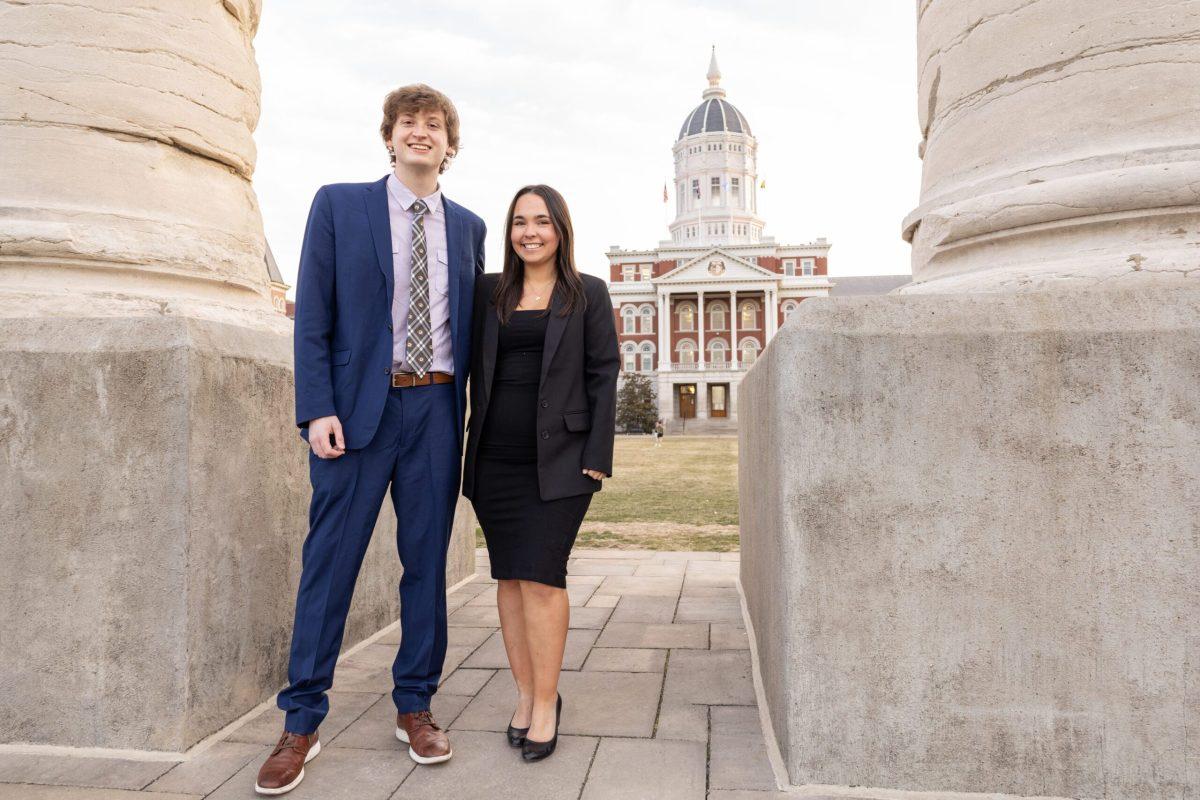Transgender Empowerment and Awareness Week emphasized the importance of transgender visibility while informing individuals on how to treat transgender or gender non-conforming individuals with respect and empathy.
From Nov. 5 to Nov. 9, The LGBTQ Center, Oasis, the Triangle Coalition and Queer Trans People of Color teamed up to present Transgender Empowerment and Awareness Week for transgender students and allies.
“The main goal behind Trans Empowerment and Awareness Week is spreading awareness of the fact that trans people exist,” Alexander Childers, dvocacy chair for Oasis, said. “We are people just like everyone else, pretty boring but also really cool.”
The week kicked off on Nov. 5 with the “How to be a Better Trans Ally” workshop held in the Women’s Center. Events continued throughout the week, with a screening of the film “MAJOR!,” a documentary about Miss Major Griffin-Gracy, a formerly incarcerated black transgender activist, on Nov. 6 and the Gender and Sexuality Panel, which explored the intersection of gender and sexuality on Nov. 7.
“At Mizzou, we celebrate Transgender Empowerment & Awareness Week to empower transgender individuals on campus while still raising awareness for the issues these communities face,” according to the LGBTQ Resource Center’s Website.
Nov. 8 marked the Transgender Day of Remembrance Vigil, where students honored and celebrated the lives of those who perished because of transphobic violence.
“It can be a really rough time, especially on Thursday when we had transgender day of remembrance,” Childers said. “Just remembering that we are beautiful people, we’re stronger together and we can make it, you know?”
The week closed with two events: Let’s Gender Together, a workshop that explored the difference between gender identity and gender expression with a goal to foster a better understanding of the struggles trans people face on a day to day basis and the Trans History Presentation, a discussion on the history of trans people from Ancient Egypt all the way to the Stonewall Riots.
The events had speakers teaching students about transgender culture and encouraged students to participate in various activities, like gender identity questionnaires and group discussions on what it means to be transgender or gender non-conforming.
“The purpose behind this is understanding the difference between gender identity and gender expression, and seeing what all can be going on there,” Childers said. “It also [gives] trans people an opportunity to explore their own gender with different worksheets, clothing, and makeup.”
One of the prevalent points throughout the week was the correct usage of gender pronouns, and many of the volunteers with Transgender Empowerment and Awareness Week emphasized the importance of these pronouns to the transgender community.
“In order to affirm each person’s gender identity, experiences, and their lives, it is important to ask and check in with others about their pronouns,” according to the LGBTQ Resource Center’s Website. “This simple effort can make a profoundly positive difference in the experiences of safety, respect, and support for those who do not identify with the gender binary.”
A majority of the events hosted were open to the general public, and those who wanted to participate did not have to identify as transgender or gender non-conforming to take part in the activities. The “How to be a Better Trans Ally” workshop, for example, aimed to educate students on how to be respectful and supportive of the transgender community.
“A really easy thing to do is to say at the start of meetings or just introducing yourself to people, go around and say your name and your pronouns because that’s going to put less of a focus on trans people that maybe always need to say their name and pronouns for people to say it correctly,” Childers said. “Also, do not immediately assume that everyone that you meet is cis. Some people may be trans, some people may be questioning.”
_Edited by Caitlyn Rosen | [email protected]_













